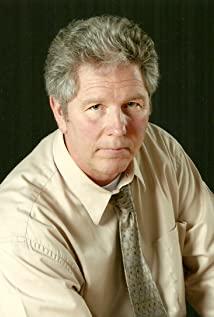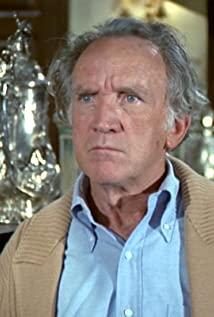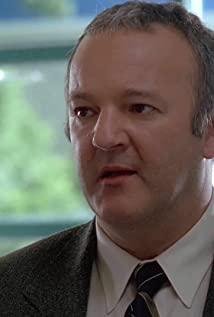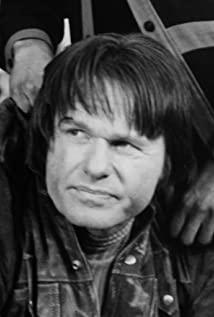After a lapse of many years, I revisited this "Vietnam War" classic, and suddenly found that the town sheriff who was originally set as the villain was also a veteran.
A framed frame can be seen behind his desk in the movie 63'47', and inside, from left to right, are an Army Distinguished Service Cross, a Purple Heart and a Silver Star. You must know that any veteran who has the above three medals in reality can be called a veritable "war hero". But combined with the conversations of the sheriffs on the cliff, it is not difficult to find that the sheriff's subordinates were unaware of their heroic deeds during their service.
Being awarded the Army Distinguished Service Cross means that the sheriff was a leading low-level officer. , the Silver Star Medal also represents that he has had extremely heroic front-line combat performance, and the Purple Heart Medal shows that he has suffered war wounds on the front line and shed blood for the country.
Combined with the conversation "he's not the only one that goes to Nam" with the sheriff after the colonel's arrival, it is not difficult to see that Sheriff Teasle is also a veteran who has climbed out of the Vietnam War, and since he did not choose to continue Military career (yes, a low-level officer with such an excellent resume and participated in actual combat on the front line is easy to rise to the top), and he does not actively talk about his experience in service, he is likely to be like Rambo. Sleeping PTSD patients.
This makes the anti-war intention of the film a deeper level: why did the two combat heroes who used to work together for the country have such a big contradiction after they took off their military uniforms and returned to the field? Is this the war trauma of the two of them, or is it a distortion and pathology that deserves deep reflection on the American society?
I think there is no more ironic and sad plot than this former brother-in-law confronting each other today. This film was made in 1982, just after the Vietnam War, and the reality is that such cases are still abound in the United States today, 40 years later. The dark cloud of war trauma has shrouded the most prosperous and glorious half century of the U.S. Empire. One cannot help but wonder whether the root cause of it is the overcorrection of the "Monroe Doctrine" of the year?
Americans who advocated continued isolation in the 1930s to protect American youth from being involved in the war did not expect that in the next hundred years, the blood of generations of American youth would still flow on this huge blue star.
So far.
View more about First Blood reviews











